 The second Sunday after the Sept. 11 terrorist attacks, New York clergy members of many faiths joined elected officials at Yankee Stadium in a city-sponsored memorial ceremony that melded the sacred and the secular, replete with flags, prayers and tears.
The second Sunday after the Sept. 11 terrorist attacks, New York clergy members of many faiths joined elected officials at Yankee Stadium in a city-sponsored memorial ceremony that melded the sacred and the secular, replete with flags, prayers and tears.
Ten years later, any consensus that existed about the appropriate role of religion in public ceremonies marking a monumental American trauma has fallen apart.
Mayor Michael R. Bloomberg has come under attack by some religious and political leaders for not including clergy members as speakers at Sunday’s official ceremony at ground zero on the 10th anniversary of the attacks.
Richard D. Land, president of the Ethics and Religious Liberty Commission, which is the public policy arm of the Southern Baptist Convention, said in an interview that the planned ceremony only proved that New York was the “epicenter of secularism,” out of step with the rest of America.
“We’re not France,” he said. “Mr. Bloomberg is pretending we’re a secular society, and we are not.”
Congressman Randy Forbes, a Republican representative from Virginia and a co-chairman of the Congressional Prayer Caucus, sent Mr. Bloomberg a letter on behalf of the caucus members urging him to include prayer in the ceremony.
At the same time, some evangelical Christian leaders said they were outraged that an interfaith prayer service planned by the Washington National Cathedral did not include a Southern Baptist or other evangelical minister.
“In miniature, this is what’s happening to the whole country,” said Alan Wolfe, director of the Boisi Center for Religion and American Public Life at Boston College. “9/11 was this moment that we came together, and it lasted about three-and-a-half minutes. The country went from a brief moment of something like unity, to complete Balkanization, and now we’re seeing it in religion and in politics, like in everything else.”
In a nation of unprecedented religious diversity, the United States once managed to navigate religion in public life with relatively generic acknowledgments of the sacred — a tradition often referred to as civil religion.
Ten years ago, the event at Yankee Stadium and a prayer service at Washington National Cathedral attended by President George W. Bush were conducted in that tradition, and they were held with no controversy to speak of. But now, Professor Wolfe said, “the civil religion, those informal kinds of agreements, can’t work if everyone is going to be litigious.”
For a decade, New York City has conducted the same ritualized ceremony on each anniversary of the attacks. The heart of the ritual has been the reading aloud of the names of the victims. In 2003, the victims’ children read the names; in 2004, it was their parents; and in 2007, the honor went to first responders.
The names are read in a continuous stream for hours, with four breaks to allow moments of silence at the times when hijacked planes struck the two World Trade Center towers, and when each tower fell.
This year, there will be six moments of silence, to acknowledge also the planes that hit the Pentagon and the ground near Shanksville, Pa., said Stu Loeser, Mr. Bloomberg’s press secretary.
“The structure for this program was designed 10 years ago, with the consultation of a lot of families of those who died, and it is primarily for the families,” Mr. Loeser said.
It is wrong to say the ceremony excludes prayer or clergy members, Mr. Loeser said. Chaplains for the Fire and Police Departments and the Port Authority police often attend, and “we think most people use those moments of silence for reflection and prayer,” he said.
But these explanations have not prevented the controversy from becoming a galvanizing issue for conservative religious groups and media outlets and Christian talk radio.

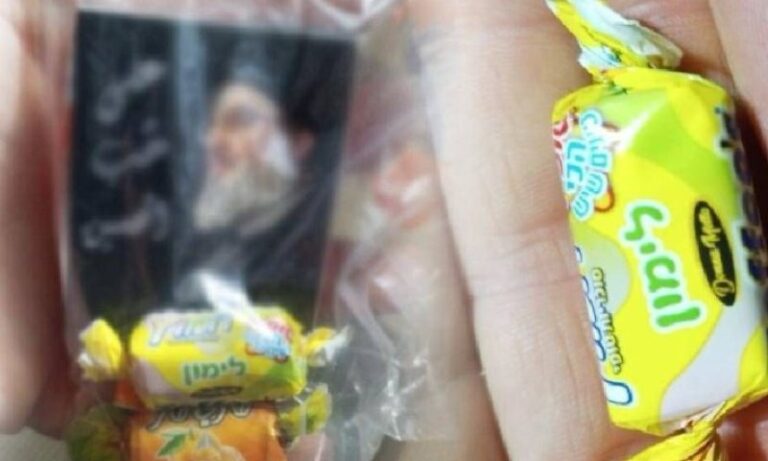
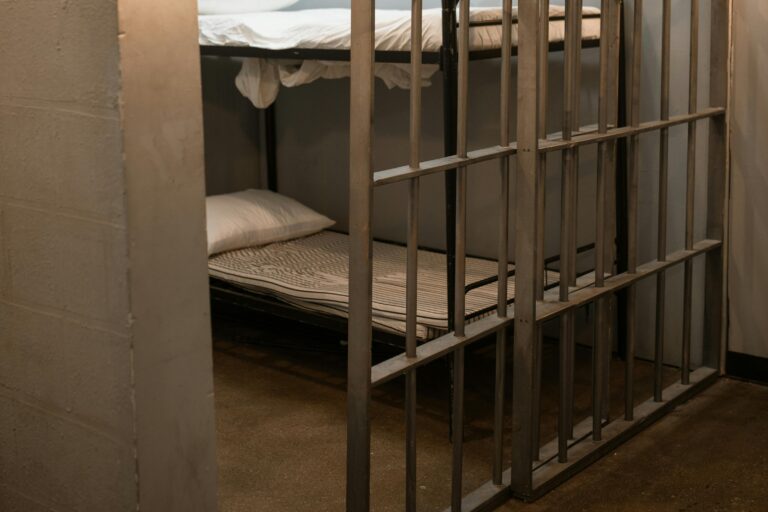
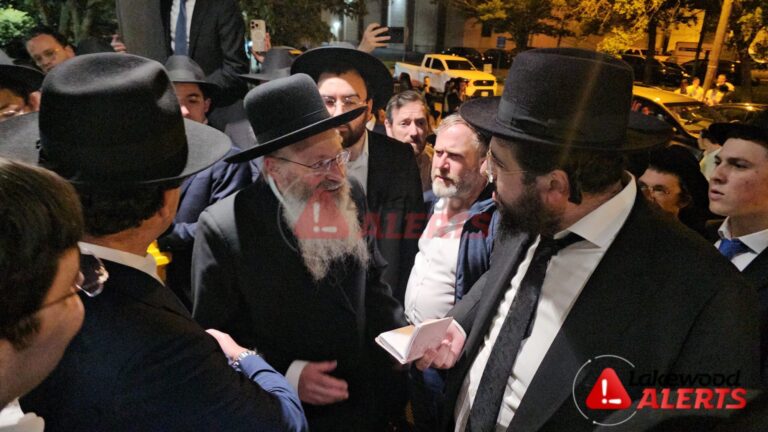
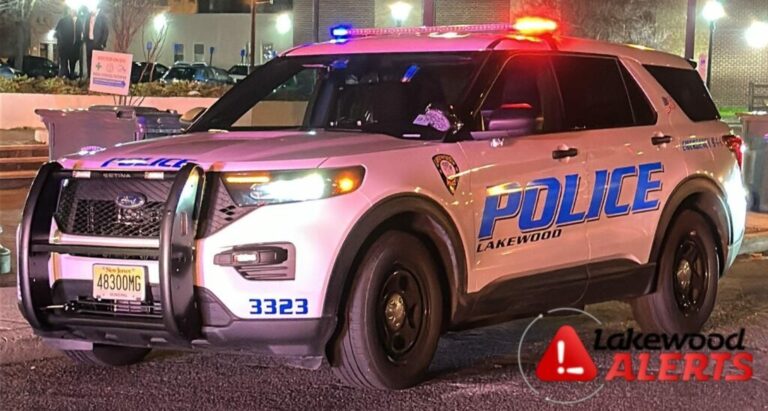
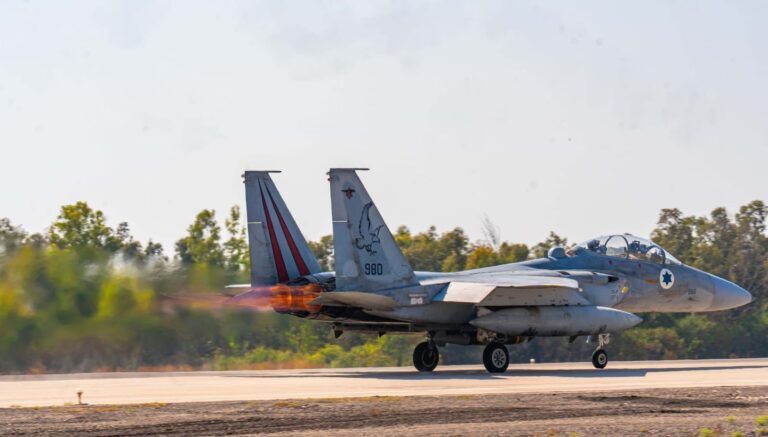
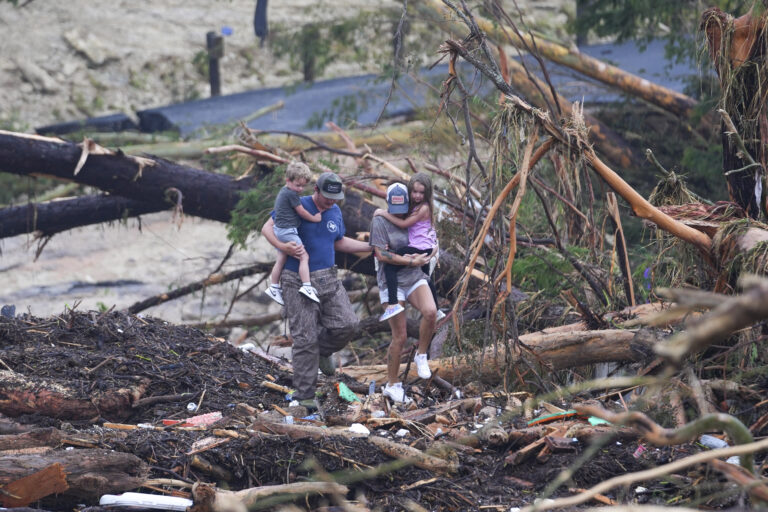
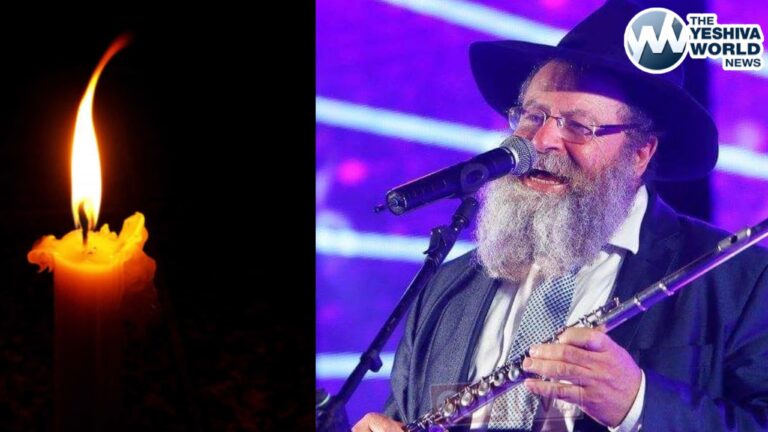
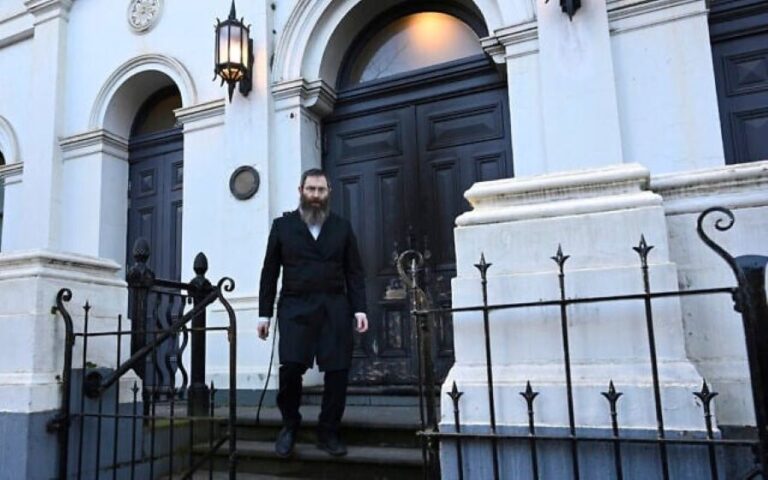
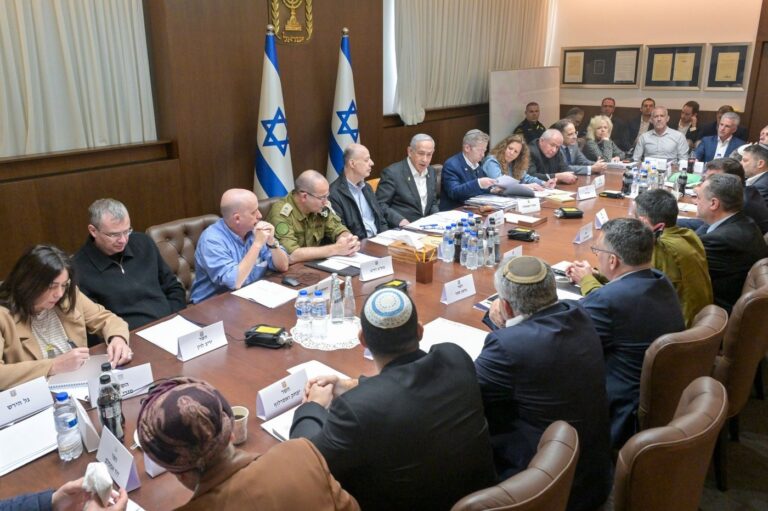
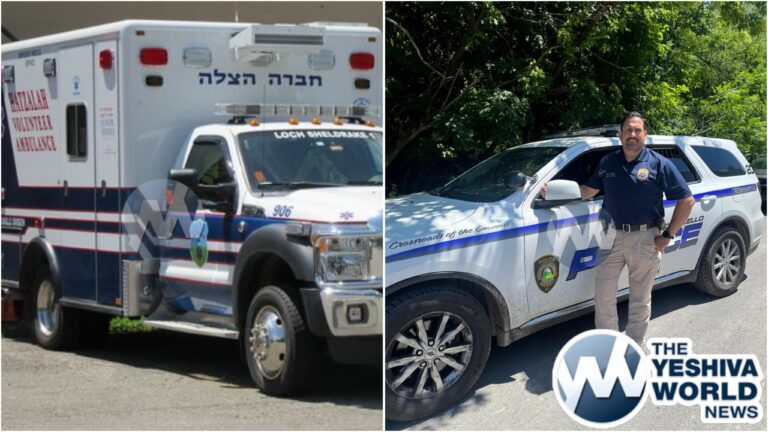
2 Responses
I’m surprised the steel cross wasn’t removed from the memorial museum.
Waddaya mean no religious content at the 9/11 ceremonies?
Isn’t the almighty himself (aka Mr. Bloomberg) going to be there?